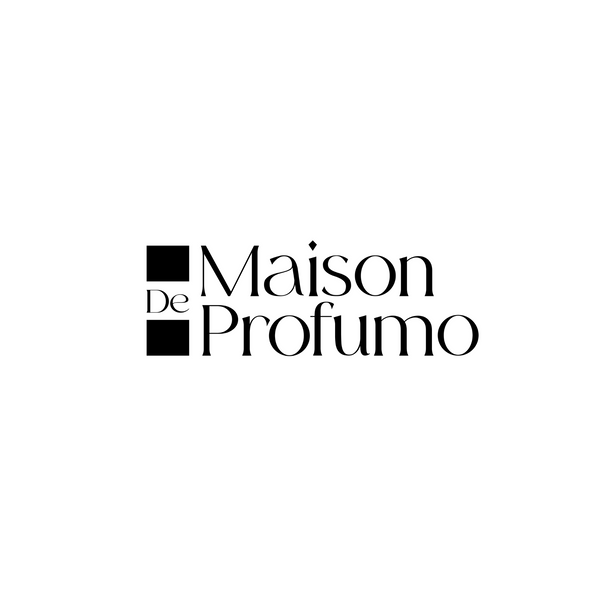Introduction:
When it comes to purchasing perfumes, ensuring their authenticity is crucial. With the market flooded with counterfeit products, it's essential to know how to determine whether a perfume is authentic or not. In this comprehensive guide, we will explore various methods and techniques to help you make informed decisions and avoid falling victim to fake fragrances. Whether you're a perfume enthusiast, a collector, or simply someone who appreciates a good scent, this article will equip you with the knowledge you need to assess the authenticity of a perfume.
1. Overview of Perfume Authentication
Authenticating a perfume involves scrutinizing various aspects, including packaging, bottle design, labelling, scent, concentration, batch codes, and the reputation of the retailer. By carefully examining these elements, you can significantly increase your chances of purchasing genuine fragrances.
2. Examining the Packaging
The packaging of a perfume can provide valuable insights into its authenticity. Consider the following points when evaluating the packaging:
- Box Quality: A genuine perfume is usually packaged in a high-quality box with clean and precise printing. Look for any signs of poor craftsmanship or flimsy materials.
- Design Consistency: Check if the packaging design matches the official branding of the perfume. Look for inconsistencies in logos, fonts, colours, or any signs of misspelt words.
- Seals and Wrapping: Authentic perfumes often feature quality seals and plastic wrapping that protect the box. Ensure that the seals are intact and the wrapping is neatly applied.
3. Analyzing the Bottle and Cap
The bottle and cap of perfume can reveal important clues about its authenticity. Pay attention to the following details:
- Bottle Quality: Authentic perfumes are typically packaged in high-quality glass bottles. Inspect the bottle for any imperfections, such as air bubbles, scratches, or uneven edges.
- Sprayer Mechanism: Test the sprayer by pressing it to release a small amount of fragrance. A genuine perfume will have a smooth and even spray, while a fake one may produce a weak or inconsistent spray.
- Cap Engravings: Some perfumes have brand logos or engravings on the cap. Check the cap carefully for any signs of poor-quality engravings or misspellings.
4. Assessing the Label and Branding
The label and branding of a perfume provide essential information about its authenticity. Consider the following aspects:
- Label Quality: Genuine perfumes have labels that are clear, well-printed, and securely attached. Look for any signs of smudged text, blurred logos, or labels that appear to be peeling off.
- Font and Spelling: Pay attention to the font used on the label and ensure that it matches the official branding. Additionally, check for any misspelt words, as counterfeit perfumes often have labelling errors.
- Serial Number and Barcode: Authentic perfumes often have a unique serial number and barcode on the packaging. Verify these details with the manufacturer or brand's official website if possible.
5. Smell and Concentration Evaluation
The scent and concentration of a perfume can be strong indicators of its authenticity. Consider the following factors when evaluating the smell:
- Familiarity with the Fragrance: If you're already familiar with the scent of a particular perfume, trust your senses. Counterfeit fragrances often have a slightly different or diluted smell.
- Concentration Strength: Authentic perfumes come in different concentrations, such as Eau de Parfum (EDP) or Eau de Toilette (EDT). Research the expected concentration level for the specific perfume you're assessing and compare it to the fragrance strength you perceive.
6. Verifying the Batch Code and Serial Number
Most perfumes have batch codes and serial numbers that can be used to verify their authenticity. Follow these steps to check these details:
1. Locate the batch code or serial number on the packaging or bottle.
2. Use online resources or contact the manufacturer to decipher the code. This will help you determine the manufacturing date and batch information.
3. Compare the obtained information with the brand's official records, ensuring they match.
7. Researching the Retailer
When purchasing perfume, it's essential to research the retailer or seller. Consider the following points:
- Reputation: Look for customer reviews and ratings of the retailer or seller. Reputable sellers are more likely to offer authentic products.
- Official Retailers: Purchase perfumes from authorized retailers or directly from the brand's official website to minimize the risk of counterfeit products.
- Return Policies and Guarantees: Check the retailer's return policies and authenticity guarantees. Reliable sellers often offer refund or replacement options for counterfeit products.
8. Price and Deal Analysis
Be cautious of unusually low prices or too-good-to-be-true deals. Counterfeit perfumes are often sold at significantly discounted prices. Consider the following factors:
- Market Value: Research the average market price for the perfume you're interested in. If the price is remarkably lower, it could be a red flag.
- Comparison Shopping: Compare prices across multiple reputable sellers to get a better understanding of the average price range.
- Suspicious Websites or Marketplaces: Exercise caution when purchasing from unfamiliar websites or marketplaces, as they may be more prone to selling counterfeit goods.
Conclusion:
Determining the authenticity of a perfume requires careful examination of various factors, including packaging, bottle design, labelling, scent, concentration, batch codes, and the reputation of the retailer. By following the methods and techniques outlined in this comprehensive guide, you can enhance your ability to differentiate between genuine fragrances and counterfeits. Remember to be vigilant, research thoroughly, and trust your instincts when making perfume purchases. Enjoy the confidence of knowing that you've invested in authentic scents that reflect your unique style and preferences.
Please note that while these methods can significantly increase your chances of identifying counterfeit perfumes, they do not guarantee absolute accuracy. It's important to consider multiple factors and exercise judgment when assessing the authenticity of a perfume.
